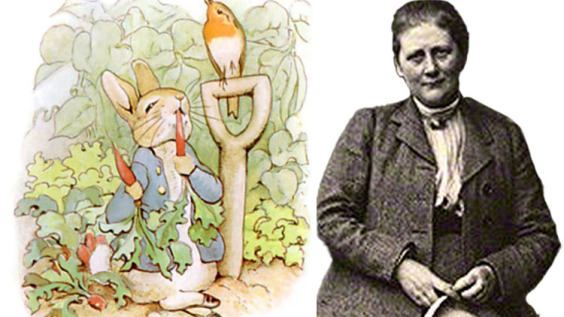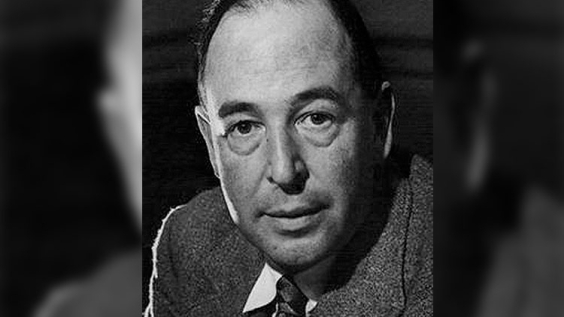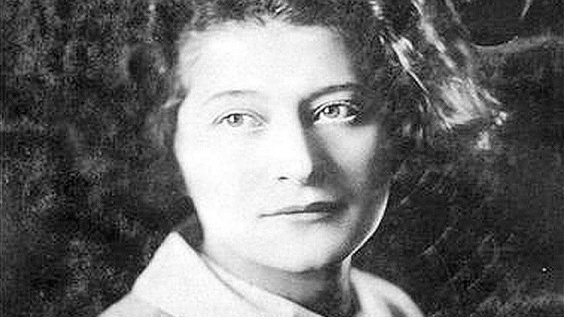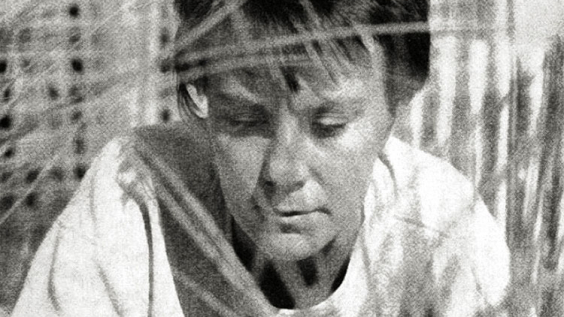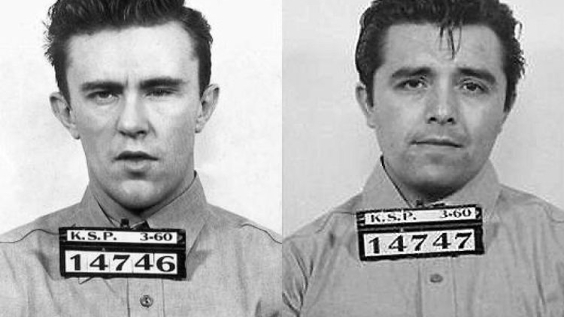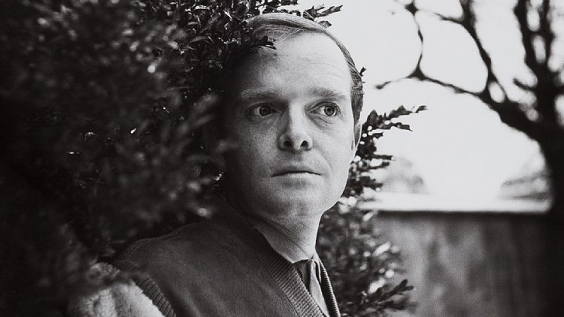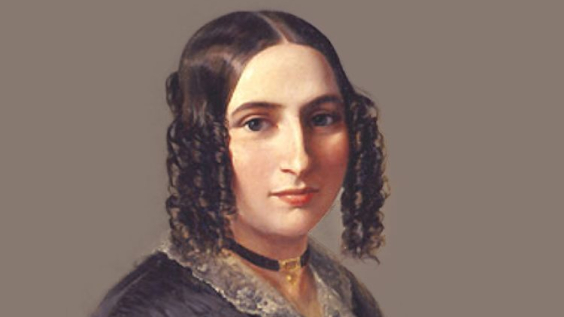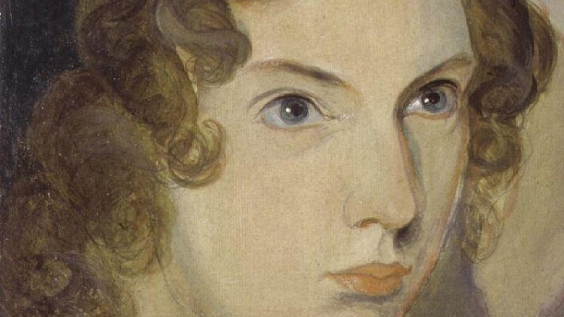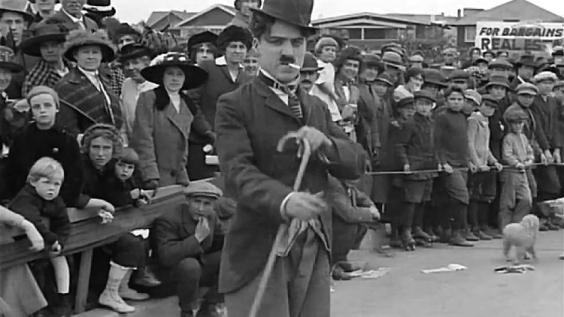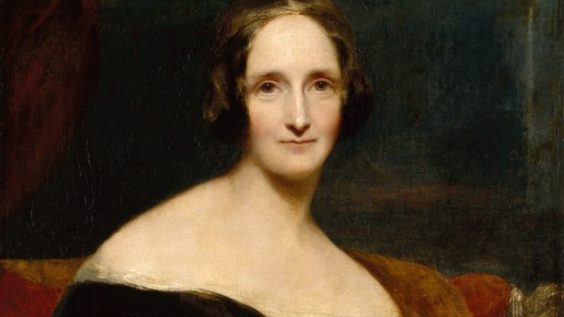
Nancy Wilson (1937-2018) was an American singer, actress and activist whose career spanned 50 years. She began singing at the age of 4 and by age 10 was already leading her church choir. Raised on gospel, R&B, blues, jazz and country music, she incorporated many styles throughout her career.
Outside of performing, Wilson put her career on the line to fight for civil rights, marching alongside thousands of others in the Selma March of 1965, and working closely with many groups to help black communities. She is now remembered as both a legend within musical and activist circles.
Here are 10 facts about Nancy Wilson.
1. She won a TV talent show at 15
Born in 1937 in Chillicothe, Ohio, Nancy Wilson began singing aged 4. She grew up listening to her father’s records and singing in the church choir. Wilson was influenced by Dinah Washington, Nat King Cole and Ruth Brown. When she was 15, she entered and won a local TV talent show. She was awarded regular appearances on a show called Skyline Melodies.
Wilson finished her high school education and attended college for one year. She dropped out to travel with a jazz band before moving to New York City to pursue a solo singing career.
2. She had three goals when she moved to New York City
Upon her arrival in NYC in 1960, Wilson landed a regular gig at the Blue Morocco club in the Bronx. She had three main aims. First, she wanted to work with John Levy, an influential jazz manager. Secondly, Wilson wanted to sign with Capitol Records, the label who represented her idol Nat King Cole. Lastly, she wanted to record her first album with producer David Cavanaugh.
Within 5 months, Wilson accomplished all three goals. She was 23 at the time.
3. Her career spanned five decades
Wilson released more than 70 albums across her 50-year career. Despite having no formal training, she was able to work across genres, and sometimes released 3 albums a year. She was second only to The Beatles in sales in the 1960s, and has outsold big names like Frank Sinatra, Peggy Lee and the Beach Boys.
Furthermore, Wilson had 8 top 20 albums on the Billboard 200 chart in the 60s alone. Some of her hit singles included Save Your Love for Me, Tell Me the Truth and (You Don’t Know) How Glad I Am.

Nancy Wilson at the Grand Gala du Disque, 1968.
Image Credit: Public Domain, via Wikimedia Commons
4. She won 3 Grammys
Wilson was awarded 3 Grammys. She won her first Grammy in 1964 for Best R&B Recording for the album How Glad I Am. Additionally, she received two Best Jazz Vocal Album awards for RSVP – Rare Songs, Very Personal in 2005 and Turned to Blue in 2007. In addition to her Grammy awards, she was honoured as a Jazz Master by the National Endowment of the Arts in 2004.
5. She considered herself a ‘song stylist’
Though Wilson is remembered most as a jazz singer, she did not limit herself to one genre. In fact, she referred to herself as a ‘song stylist’, and, for her, songs were about storytelling. In 1993, she told the Los Angeles Times: ‘I have a gift for telling stories, making them seem larger than life.’
Wilson’s storytelling extended to how she performed. She preferred intimate nightclub performances so that people could see and hear her more clearly. As she sang, she wanted people to experience her music through her body language in addition to her vocals.
6. Her music was empowering for women
Interestingly, Wilson’s choice to sing about heartbreak and her style of emotive singing has led to the NY Times calling her a forerunner of the modern ‘female empowerment singer’. In songs like Face It Girl, one of her biggest commercial successes, she was playful with her interpretation of heartbreak and sang with attitude and flair about a former flame.
7. She had her own television show
Wilson added actress to her resume, appearing for the next few decades on programmes such as The Carol Burnett Show and The Cosby Show. She also hosted her own TV show, The Nancy Wilson Show, for which she won an Emmy. Later in her career, she hosted NPR’s Jazz Profile series.

Publicity photo of Danny Kaye and Nancy Wilson, 1965.
Image Credit: Public Domain, via Wikimedia Commons
8. She participated in the Selma to Montgomery March in 1965
On 7 March 1965, approximately 3,200 people left Selma, Alabama for the state capital, Montgomery, led by Martin Luther King Jr. They were protesting the murder of Jimmie Lee Jackson and obstructions to voting rights for African Americans. By the time they reached Montgomery, their numbers had reached 25,000.
Among the crowd was Nancy Wilson, who knew taking a political stand in this way could lead to professional consequences. Nonetheless, she believed ‘it had to be done.’ Her commitment to improving civil rights for black Americans continued throughout the rest of her life.
9. She worked with organisations to help black communities in several cities
Wilson’s philanthropic efforts continued long into her career, and she worked with organisations such as the Manchester Craftsmen’s Guild and the Brotherhood Crusade to empower disenfranchised communities to seek justice and improve living conditions. Further, she worked to improve women’s medical care, especially during childbirth, and campaigned for AIDS awareness.
 Listen Now
Listen Now10. She was honoured for her activism
Wilson was honoured for her activism in many ways, including through an award from the Martin Luther King Jr. Center for Nonviolent Social Change in 1993. In 1998, she received the NAACP Image Award for her philanthropic contributions and lifelong activism.
She was also inducted into the International Civil Rights Hall of Fame in 2005. She was dedicated to black communities at a time when it was incredibly risky for her career, especially as a woman in entertainment, yet she was able to have a prolific and varied career. When she died in 2018, she left behind a brilliant legacy.



